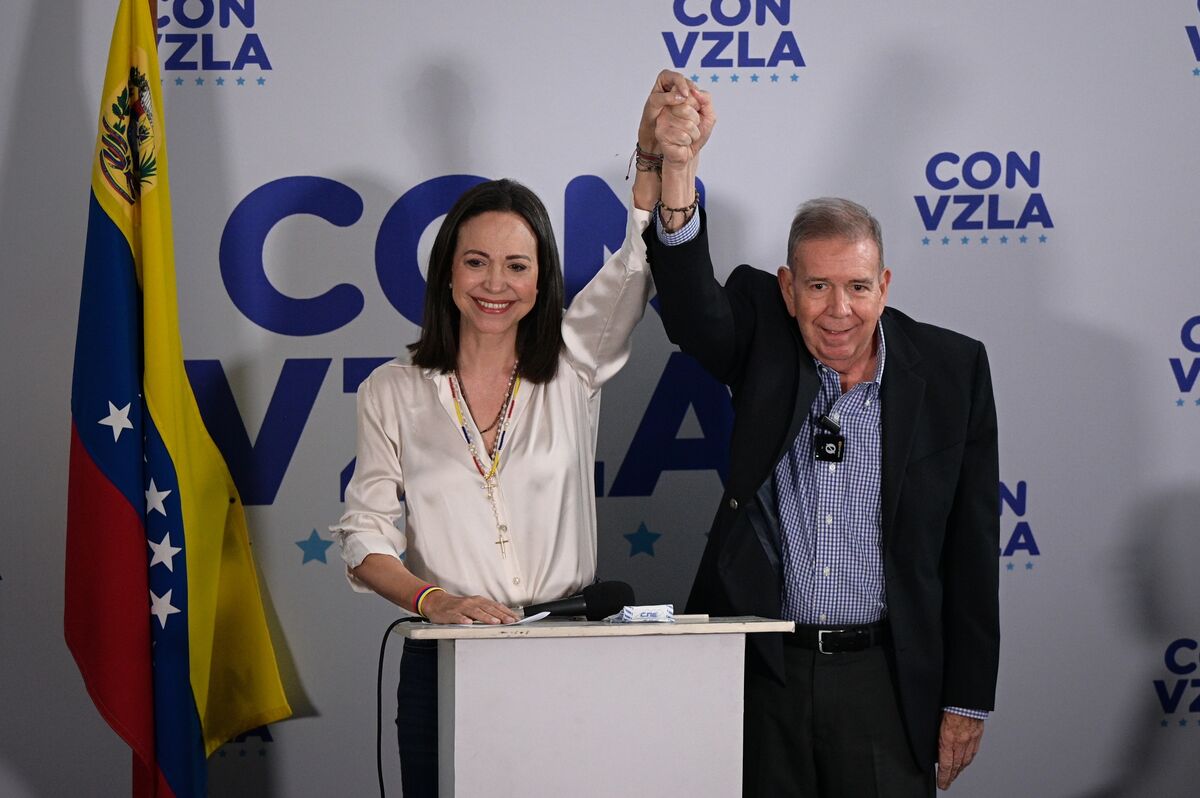
Venezuela experienced a contentious presidential election on July 29, 2024, with opposition leader María Corina Machado claiming that her candidate, Edmundo Gonzalez, had won the race based on their tabulated data. According to various sources,
María Corina Machado and her team have over 70% of the voting tabulations from Venezuela's election. They allege that Edmundo Gonzalez received 6.2 million votes compared to President Nicolás Maduro's 2.8 million.
Gonzalez, a former diplomat and political newcomer, began his professional career as an aide to Venezuela's ambassador in the US and had postings in Belgium, El Salvador, and Algeria. He served as Venezuela's ambassador to Argentina during the first years of Hugo Chavez's government.
Despite these claims, Maduro was officially declared the winner by the National Electoral Council (CNE). The opposition coalition rejected his win and organized protests in several cities, including Caracas. Protesters were met with tear gas and armed groups reportedly shot at peaceful demonstrators.
Maduro faces drug trafficking and corruption charges in the US and is under investigation for crimes against humanity by the International Criminal Court.
The election was a significant event as it marked the first serious electoral challenge to Maduro's ruling party in decades. The outcome remains uncertain, with both sides claiming victory.




